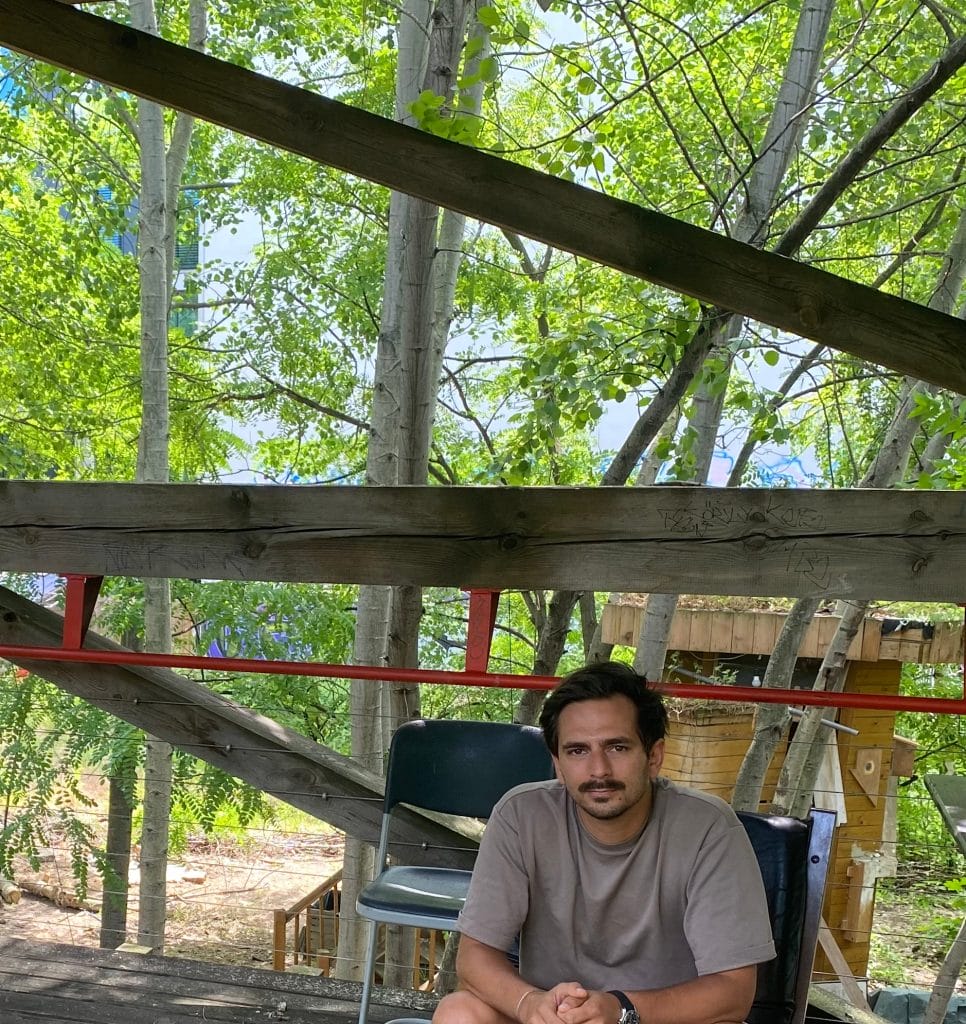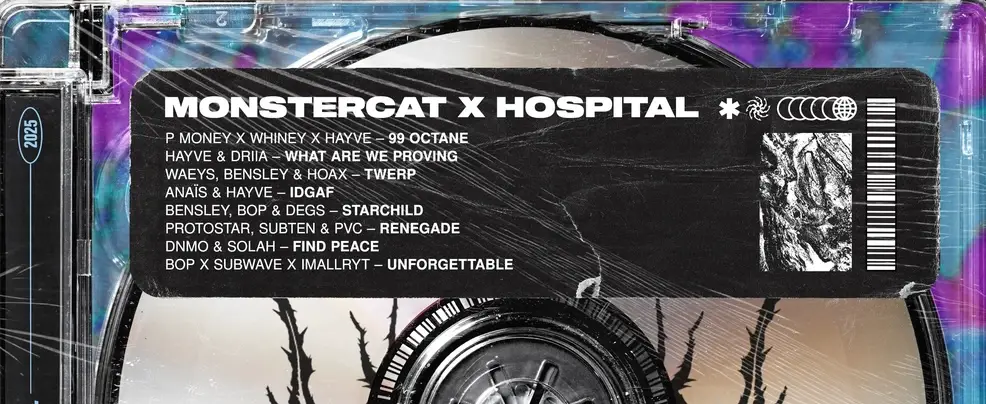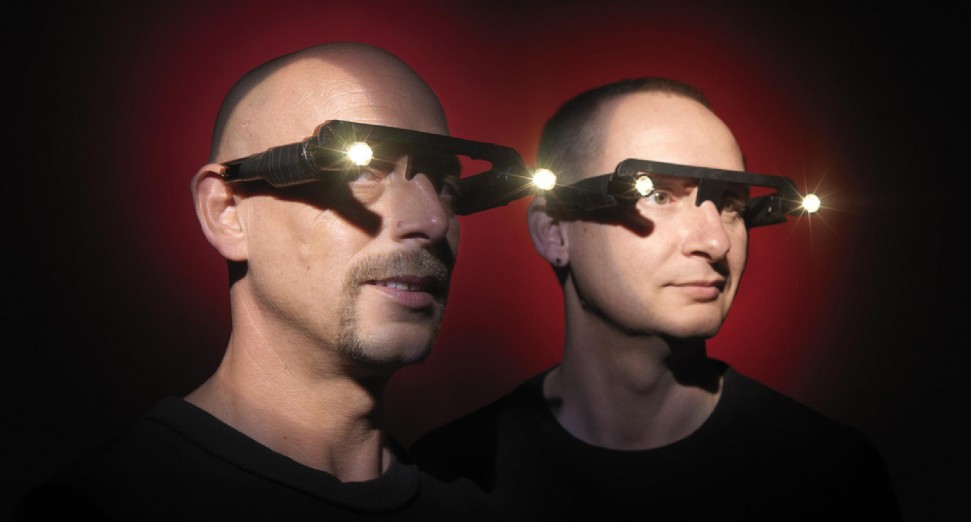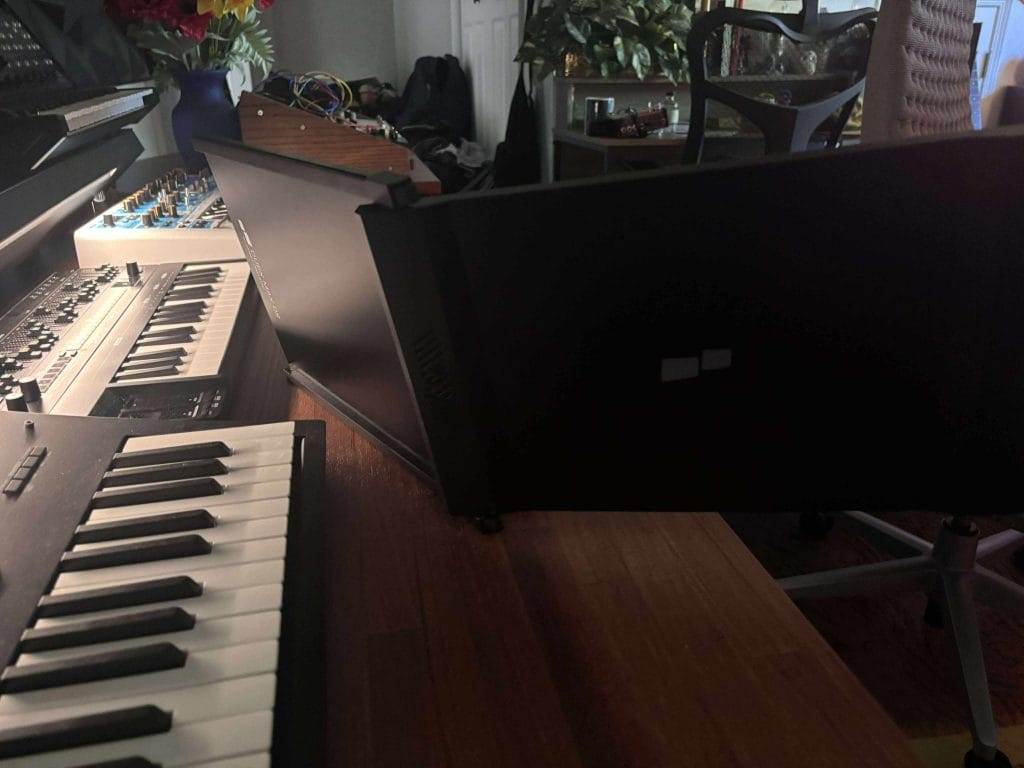
Moonee Speaks on his Influences, Making Mistakes, and Inspiring Creativity
French DJ & producer Moonee just dropped his newest EP “Ghosts of Massilia” on his label Groovence, and we’re HUGE fans of it.
Inspired by the past of Marseille and infused with old stories and nostalgic atmospheres, this five-track deep house package is stuffed to the brim with ethereal atmospheres, lush melodic soundscapes, and crystal-clear reverbs. Sure, the traditional house grooves and basslines you’d expect from deep house exist on this EP, but the sound world created by Moonee is the true star of this record.
2025 marks ten tears of Moonee, one of the many aliases of François Lefevre. He’s played all over Europe at clubs in most every major European city and runs the aforemented Groovence label. “Ghosts of Massilia” marks a new chapter in his story, with his traditional sun-drenched house style turning into a far deeper, moodier, more atmospheric experience. But, this EP is such a standout that you’d think this was the style of music he’s been making for years now.
We had the chance to sit down with Moonee to celebrate this EP, and got some incredible insight on his inspirations, his initial foray into music, a tradition he shares with his mother, and so much more. Throw the EP on and take a read!
Where did you grow up, and how did your environment shape your relationship with music?
I grew up in the south of France, between Corsica and Toulouse from a military father and a teacher mother.
Music played a major role in my development as a kid, especially between the ages of 8 and 14 — that’s really when everything happened. It was both a refuge and a form of release. We’d listen to the radio late at night with my brother, on a small, low-quality hi-fi system in our suburban Toulouse apartment.
Like many teenagers at the time, getting my first Walkman was a game-changer. MTV and its over-the-top, flashy music videos also had a huge impact. If I had to name one record that truly shaped my musical culture, it would definitely be The Beach Soundtrack — the one from the Danny Boyle film. It was a collection of leftfield, acid house, and techno tracks that I listened to non-stop in the car with my mother. It felt radically different from anything I’d heard before — edgier, but also dreamier. Artists like Underworld, Brian Eno, Junkie XL, Chemical Brothers, All Saints, Dario G, Mory Kante… I became obsessed with this soundtrack (and the film as well).
Those tracks never left me, and I think that’s where my love for electronic music really began. Then came American skate Music, the Tony Hawk soundtracks, GTA’s radio stations — and of course, Daft Punk. That period was the foundation of everything for me.
Who was the most influential person in your life growing up in terms of your musical development?
My mom. She used to play a lot of music in the car — Moby, Black Eyed Peas, Portishead, Gorillaz, Bob Marley, Daft Punk, Eminem… She was a huge influence in how my passion for music took shape. I think those records were the entry point for a lot of people in the early 2000s, and they definitely were for me.
We still have this strong link together, and i’m always crafting playlists for here, and she sends me music all the time.
What’s the first memory you have of making music?
My older cousin was the first one to show me a DAW when I was a teenager. He was producing nu-disco and French house at the time. I clearly remember an afternoon we spent trying to recreate that distinctive filtered sound — without any hardware, of course.
I really enjoyed it, but I didn’t stick with it right away. I probably thought it was too hard to get into, and I was more focused on hanging out with my friends back then. My real shift into production came later, around 2014, with the creation of our duo Twice Movement and the label.
When you think back to your earliest projects, what’s something you would do differently now?
Honestly, nothing. Every experience I had helped shape my project. You need to make mistakes to learn, to move forward, and to develop your vision — the soul of your project. All that time spent producing for other artists through our label taught me a lot.
We were lucky to grow up at a time when music-making still felt like craftsmanship. Importing ZIP disks for your old MPC, cracking the latest version of Ableton and reinstalling it after a crash, downloading random audio files from eMule or Limewire to build your music library — it was way more exciting than this hyper-accessible era with chatbots telling us how our snare should sound to be “industry standard.”
I think we were the last generation to really take the time to understand what we were listening to — how it was made, what vinyl meant, why we wanted that warm analog “The NY 90’s Hip Hop” sound. And since we didn’t have much money, we had to figure it out ourselves. If there’s one thing I’d do more of, it’s collaboration. Sharing and working with others was key, and I’d double down on that today.
Why do you think persistence is such an important part of making it in the music industry?
Because it helps you stay true to your vision.
Persistence is what makes a project come to life in the eyes of others. I’ve always believed that. Even when it becomes exhausting, it’s fueled by passion and only fulfilled through hard work. If you’re honest with yourself, patient, and trying the best to stick to your artistic direction, I think that’s the key to building something real. But that’s not unique to music, is it?
If you see music purely as a source of fun and inspiration, anyone can create something unique and meaningful.
What’s the most unexpected lesson you’ve learned throughout your career?
Probably that you really have to do it for the love of it. The work surrounding a music project isn’t always rewarding — some parts of it feel more like formal, corporate tasks.
It’s essential to separate those tedious, time-consuming duties from the creative part — from curating, listening to new sounds, turning on your gear and jamming for fun, not to make the next hit the world is supposedly waiting for.
Playing in front of people and feeling a real connection, or hearing that someone on the other side of the world has been touched by your music — that’s what gives your project depth and meaning. That’s what keeps you going. If you don’t preserve that joy and sense of sharing, the project can start to feel like a burden — and that’s when people give up. You’ve got to see all the “cool” parts of making music as an end in themselves. That’s what kept me going in the moments when I wanted to quit.
It’s not easy — especially in today’s economy, which doesn’t really support artistic creation — but it’s those beautiful, honest moments that keep us going and make us want to share even more.
Stream “Ghosts of Massilia” here.



